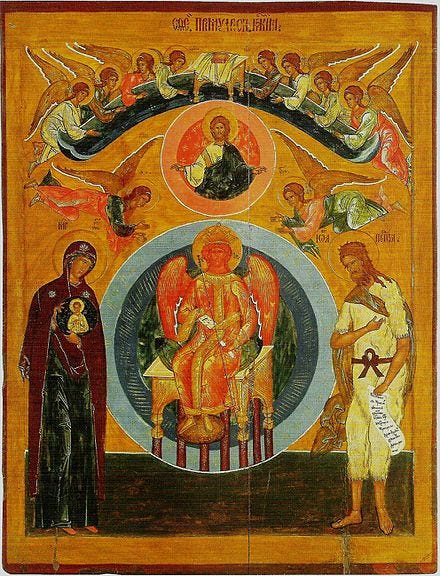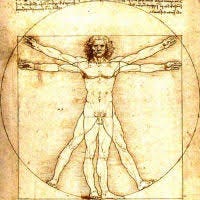The Classical Mind Newsletter for June 23, 2023
Wisdom, Science, Beauty, and Death
Invite Your Friends to Read Classical Mind
Forgive me for doing some promotion. Honestly, we are so grateful to all of you who read, support, and engage with us at The Classical Mind!
If you enjoy the show, it would mean the world to us if you invited friends to subscribe and follow along with us. If you refer friends, you will receive benefits that give you special access to The Classical Mind.
How to participate
1. Share The Classical Mind. When you use the referral link below, or the “Share” button on any post, you'll get credit for any new subscribers. Simply send the link in a text, email, or share it on social media with friends.
2. Earn benefits. When more friends use your referral link to subscribe (free or paid), you’ll receive special benefits.
Get a 1 month comp for 3 referrals
Get a 3 month comp for 5 referrals
Get a 6 month comp for 25 referrals
To learn more, check out Substack’s FAQ.
Thank you for helping get the word out about The Classical Mind! Now, to our featured programming.
The Intellectual Virtue of Wisdom
Icon of Divine Wisdom (16th century) from St. George Church in Vologda, Russia
The Role of Science
Why?
It’s one of the most important questions we can ask about anything. Aristotle believed there were four possible ways to answer the “why” question. These are commonly called the four causes: material, efficient, formal, and final (Physics 2.3). The material cause speaks to the physical makeup of a thing. The efficient cause looks at what changes a thing. The formal cause is the “archetype” to which a thing conforms. The final cause has to do with a thing’s purpose. The physical sciences are the primary means by which we investigate material and efficient causes. By definition, they cannot investigate formal and final causes. In his book Tradition and Apocalypse, philosopher and theologian David Bentley Hart (check out his Substack Leaves in the Wind) insightfully points out that modern scientism eliminates formal and final causes from consideration. If it cannot be investigated by science, it is often viewed as unknowable or unreal. This scientific arrogance is made visible during the supposed conflicts between science and religion. Religion, alongside philosophy, asks formal and final cause questions while science investigates the material and efficient causes. As a way to better help us grasp the contours of scientific inquiry, I have collected a few articles on the nature of science.




